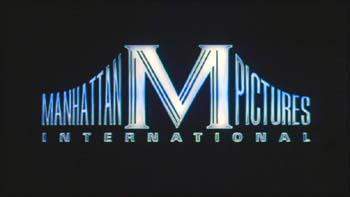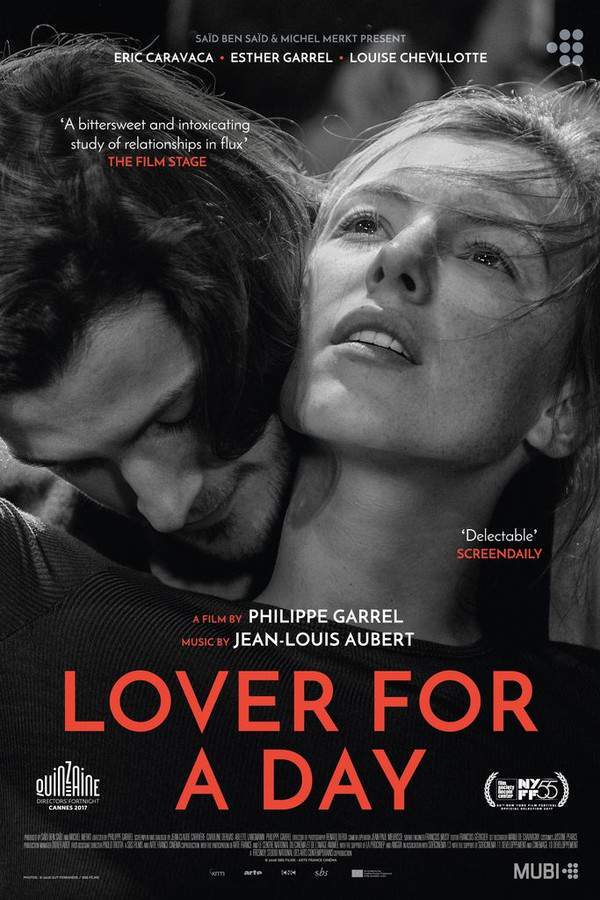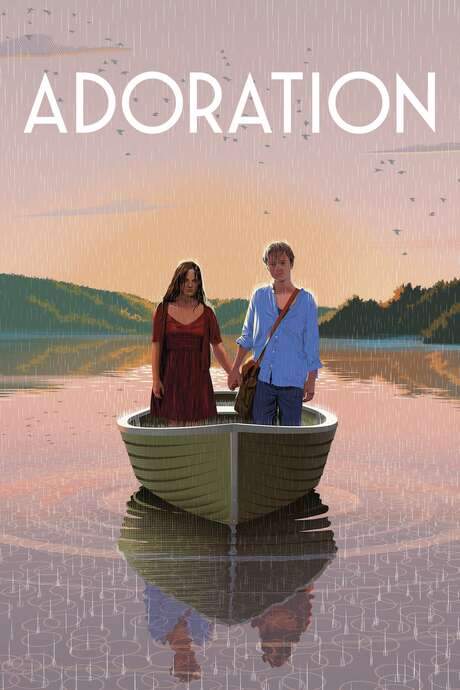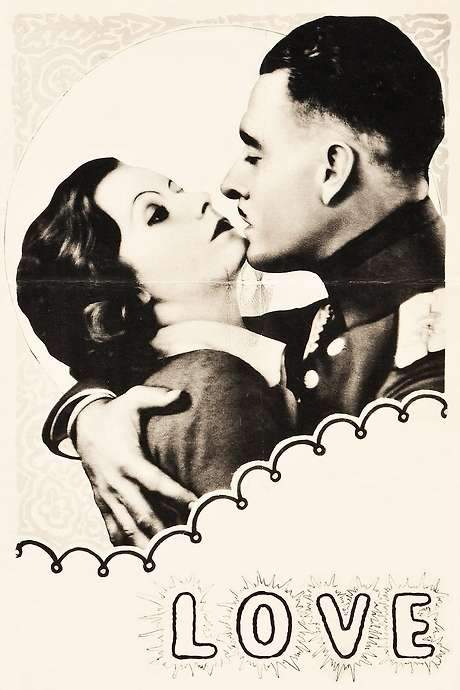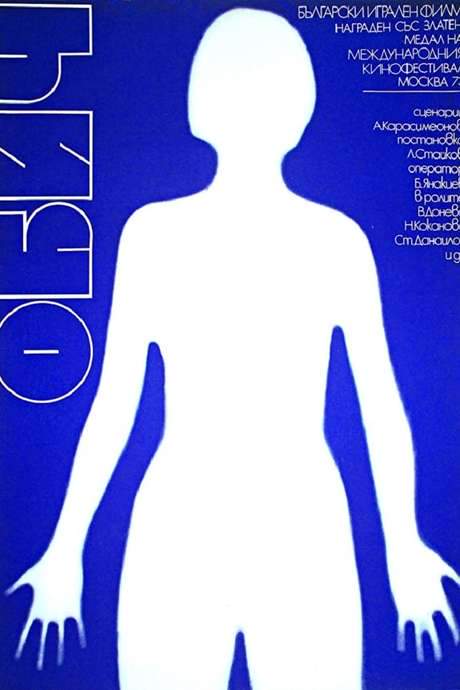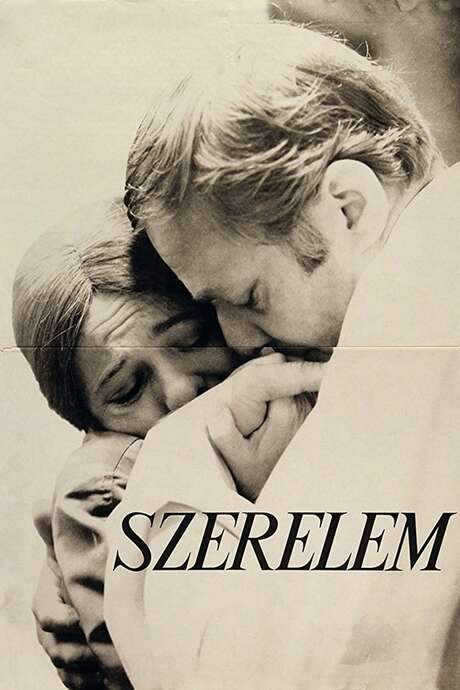In Praise of Love 2002
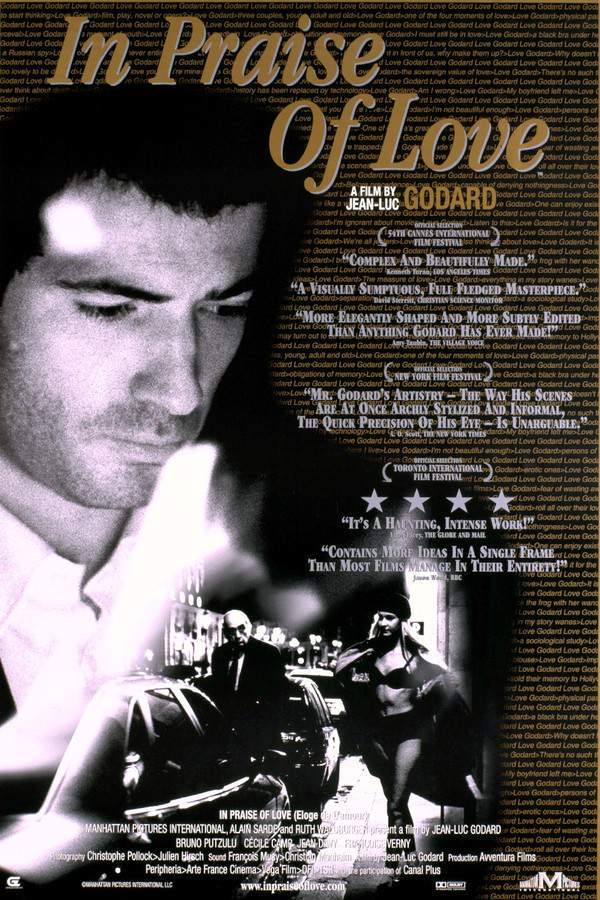
A moving story explores the complexities of love across different stages of life, focusing on three interconnected couples. A writer’s work intertwines with his relationship with a lawyer who is also navigating her own family history. Her past includes a surprising connection to a film project about her grandparents’ courageous actions during a difficult period in France. The narrative delves into the challenges and joys of relationships, revealing personal secrets and unexpected opportunities along the way.
Does In Praise of Love have end credit scenes?
No!
In Praise of Love does not have end credit scenes. You can leave when the credits roll.
Meet the Full Cast and Actors of In Praise of Love
Explore the complete cast of In Praise of Love, including both lead and supporting actors. Learn who plays each character, discover their past roles and achievements, and find out what makes this ensemble cast stand out in the world of film and television.
External Links and Streaming Options
Discover where to watch In Praise of Love online, including streaming platforms, rental options, and official sources. Compare reviews, ratings, and in-depth movie information across sites like IMDb, TMDb, Wikipedia or Rotten Tomatoes.
Ratings and Reviews for In Praise of Love
See how In Praise of Love is rated across major platforms like IMDb, Metacritic, and TMDb. Compare audience scores and critic reviews to understand where In Praise of Love stands among top-rated movies in its genre.

64
Metascore
6.0
User Score


53%
TOMATOMETER

63%
User Score

6.3 /10
IMDb Rating

66
%
User Score
Take the Ultimate In Praise of Love Movie Quiz
Challenge your knowledge of In Praise of Love with this fun and interactive movie quiz. Test yourself on key plot points, iconic characters, hidden details, and memorable moments to see how well you really know the film.
In Praise of Love Quiz: Test your knowledge about the intricate film 'In Praise of Love' and its exploration of love, art, and self-discovery.
What artistic endeavor is Edgar pursuing throughout the film?
a film
a novel
a play
an opera
Show hint
Full Plot Summary and Ending Explained for In Praise of Love
Read the complete plot summary of In Praise of Love, including all major events, twists, and the full ending explained in detail. Explore key characters, themes, hidden meanings, and everything you need to understand the story from beginning to end.
The film begins with a striking black-and-white narrative that centers on Edgar, a man deeply engrossed in a mysterious project exploring the four stages of love: meeting, physical passion, separation, and reconciliation. His journey spans three pivotal life stages: youth, adulthood, and old age. Edgar spends his time flicking through an empty book, staring at its blank pages, as if awaiting inspiration to strike. He grapples with the uncertainty of whether his creation should manifest as a novel, a play, an opera, or even a film.
Set against the charming backdrop of Paris, Edgar embarks on interviews with a diverse array of individuals, including the marginalized souls deemed les misérables by Victor Hugo, whom he believes are essential to his work. Despite his efforts, he remains perpetually dissatisfied, yearning for a connection to Berthe, a woman he encountered two years prior, known for her boldness and candor. Prompted by his financial backer, Mr. Rosenthal, an art dealer linked to Edgar’s family legacy, he discovers Berthe at her night job cleaning trains. Though she recognizes him and appreciates his memory, she refuses to partake in the endeavor, choosing instead to juggle multiple jobs while caring for her young son.
As Edgar continues his quest, he grapples with capturing adulthood, while the stages of youth and old age seem to unfold more clearly before him. A chance encounter leads him to a lecture by expatriate journalist Mark Hunter regarding the Kosovo War, which allows him to reconnect with Berthe. The pair stroll through the city, discussing life amidst its signs and monuments, culminating at an abandoned Renault plant where they ponder the fate of the workers’ movement. However, their connection reaches a poignant climax during a phone call, where they reflect on their past while recognizing an unresolved tension surrounding his project.
In an emotional twist, Edgar visits a homeless shelter and selects a man for a tender shower scene, observed by Mr. Rosenthal. The project’s status remains nebulous, and the tension builds as Edgar seeks information regarding Berthe.
Transitioning to a vibrant, over-saturated color scheme in the second part, the timeline shifts back to two years earlier. Edgar arrives in Brittany, where he meets a minister of culture who introduces him to Jean Lacouture, beginning with an exploration into the role of Catholics in the French Resistance. This interaction leads him to an elderly couple, lifelong partners whose story is being eyed for adaptation by “Spielberg Associates,” though their granddaughter, Berthe, seeks to challenge the contract they feel might shortchange them.
Their encounter initiates their relationship, yet Berthe, struggling against corporate forces, finds herself entangled in a fight against a nebulous identity—Americans lacking a clear national delineation. This effort proves fruitless. As Edgar returns to Paris, he reflects on the paradox of thought and perception—how every new vista is inevitably contrasted with the familiar. Unbeknownst to him, a dark fate looms ahead for Berthe, which will ultimately impact the course of his already tumultuous journey.
Uncover the Details: Timeline, Characters, Themes, and Beyond!

Coming soon on iOS and Android
The Plot Explained Mobile App
From blockbusters to hidden gems — dive into movie stories anytime, anywhere. Save your favorites, discover plots faster, and never miss a twist again.
Sign up to be the first to know when we launch. Your email stays private — always.
Discover Film Music Concerts Near You – Live Orchestras Performing Iconic Movie Soundtracks
Immerse yourself in the magic of cinema with live orchestral performances of your favorite film scores. From sweeping Hollywood blockbusters and animated classics to epic fantasy soundtracks, our curated listings connect you to upcoming film music events worldwide.
Explore concert film screenings paired with full orchestra concerts, read detailed event information, and secure your tickets for unforgettable evenings celebrating legendary composers like John Williams, Hans Zimmer, and more.


In Praise of Love Themes and Keywords
Discover the central themes, ideas, and keywords that define the movie’s story, tone, and message. Analyze the film’s deeper meanings, genre influences, and recurring concepts.
In Praise of Love Other Names and Titles
Explore the various alternative titles, translations, and other names used for In Praise of Love across different regions and languages. Understand how the film is marketed and recognized worldwide.
Similar Movies To In Praise of Love You Should Know About
Browse a curated list of movies similar in genre, tone, characters, or story structure. Discover new titles like the one you're watching, perfect for fans of related plots, vibes, or cinematic styles.
Quick Links: Summary, Cast, Ratings, More

What's After the Movie?
Not sure whether to stay after the credits? Find out!
Explore Our Movie Platform
New Movie Releases (2026)
Famous Movie Actors
Top Film Production Studios
Movie Plot Summaries & Endings
Major Movie Awards & Winners
Best Concert Films & Music Documentaries
Movie Collections and Curated Lists
© 2026 What's After the Movie. All rights reserved.


